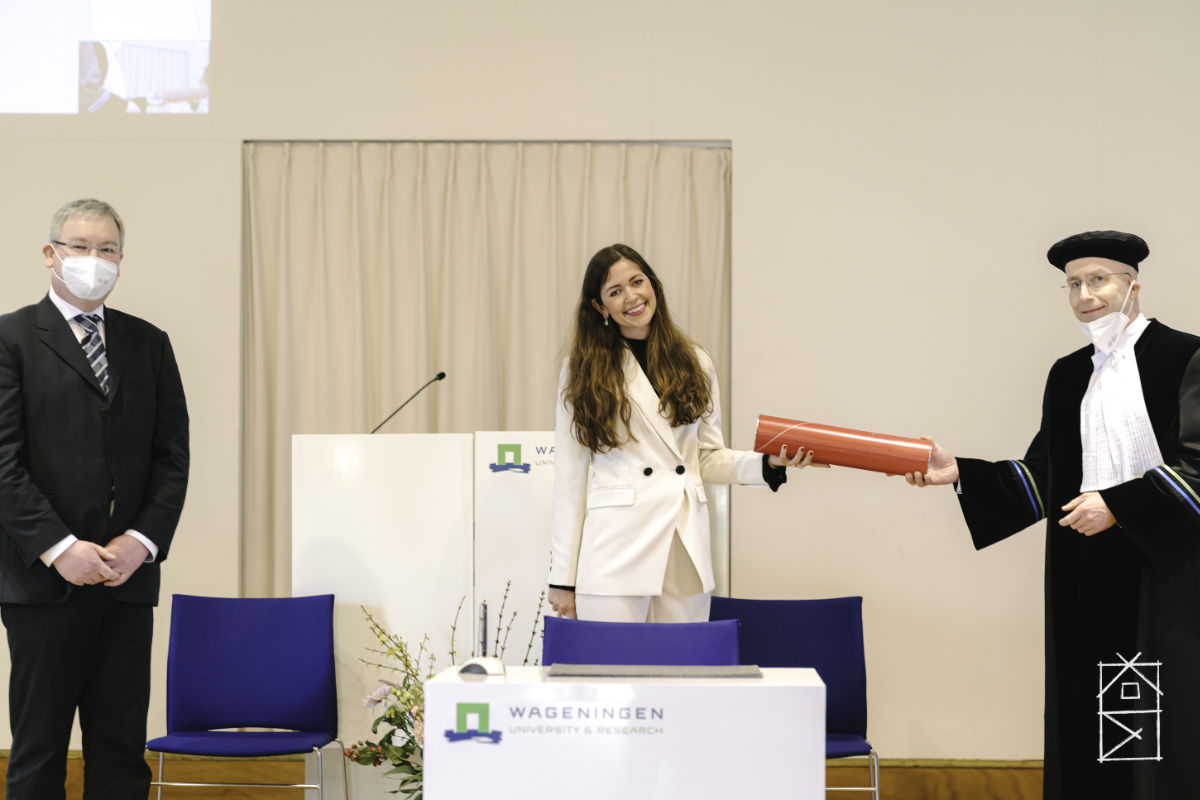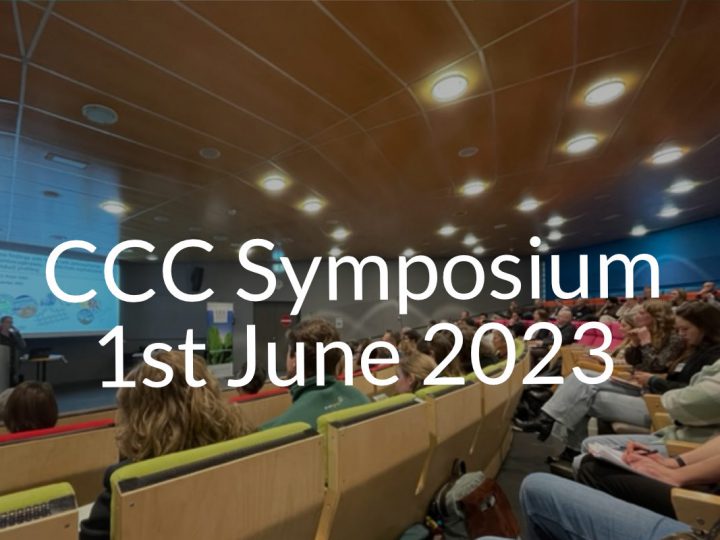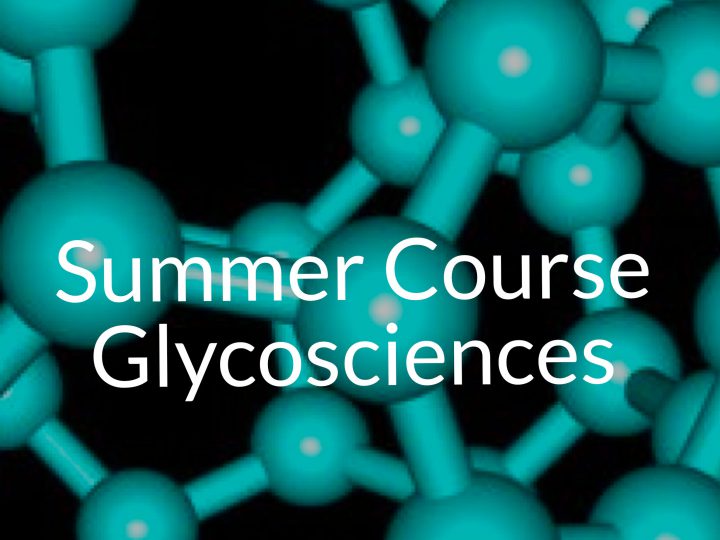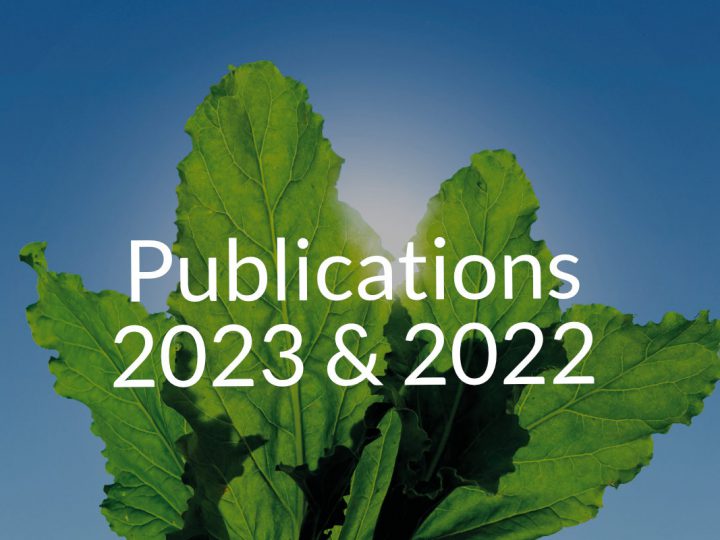Mara van Trijp, employed within the CarboKinetics program, defended her thesis February 11th in Wageningen. The main aim of her thesis was to study kinetics of fermentation and degradation of selected (novel) prebiotics, including fructo- and galacto-oligosaccharides, in the human intestine. The effects of acute short- and longer-term effects of various dietary fibers on the small- and large intestine microbiota and microbial metabolites were investigated, in relation to metabolism. Various models were applied, namely in vitro fermentation models as well as intervention trials in human subjects. Mara collaborated closely with her colleague Melany Ríos-Morales (UMCG). They described the use of additional methods to study the effects of dietary fibers locally in the human intestine, namely novel gastrointestinal sampling capsules and intestinal catheters. They provide direct evidence on resistance of fructo- and galacto-oligosaccharides to digestion in the human small intestine, which paves the way for further development of prebiotics. Furthermore, isotopically labelled bacterial short-chain fatty acids are vividly taken up from the intestine and converted by the host. This highlights the close link between the microbiota and host metabolism. The prebiotic effects on the microbiota and metabolites profiles were strongly dependent on the subject’s initial microbiota composition. This supports the importance of a personalized nutritional approach through the intestinal microbiota to improve host health.





